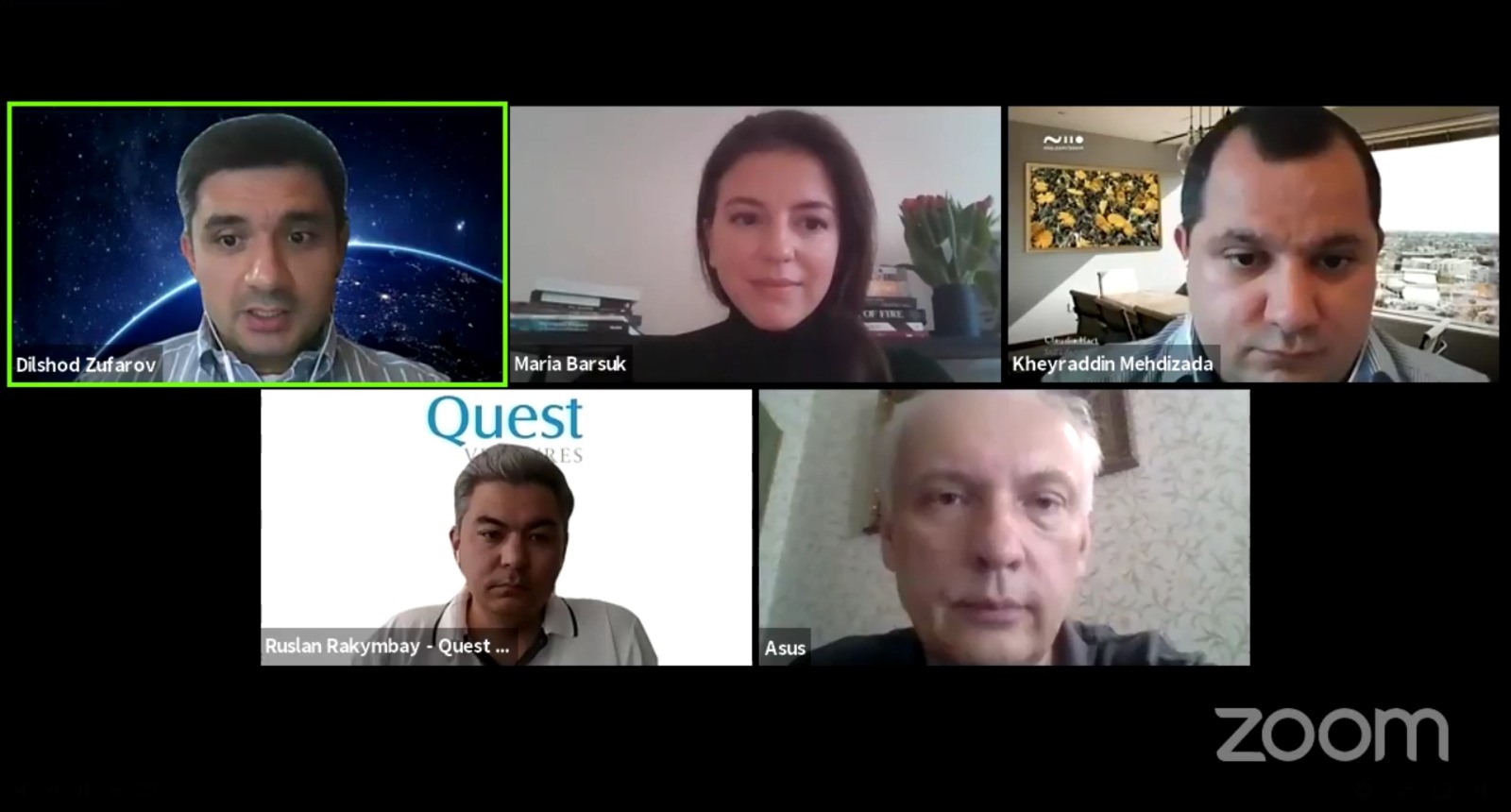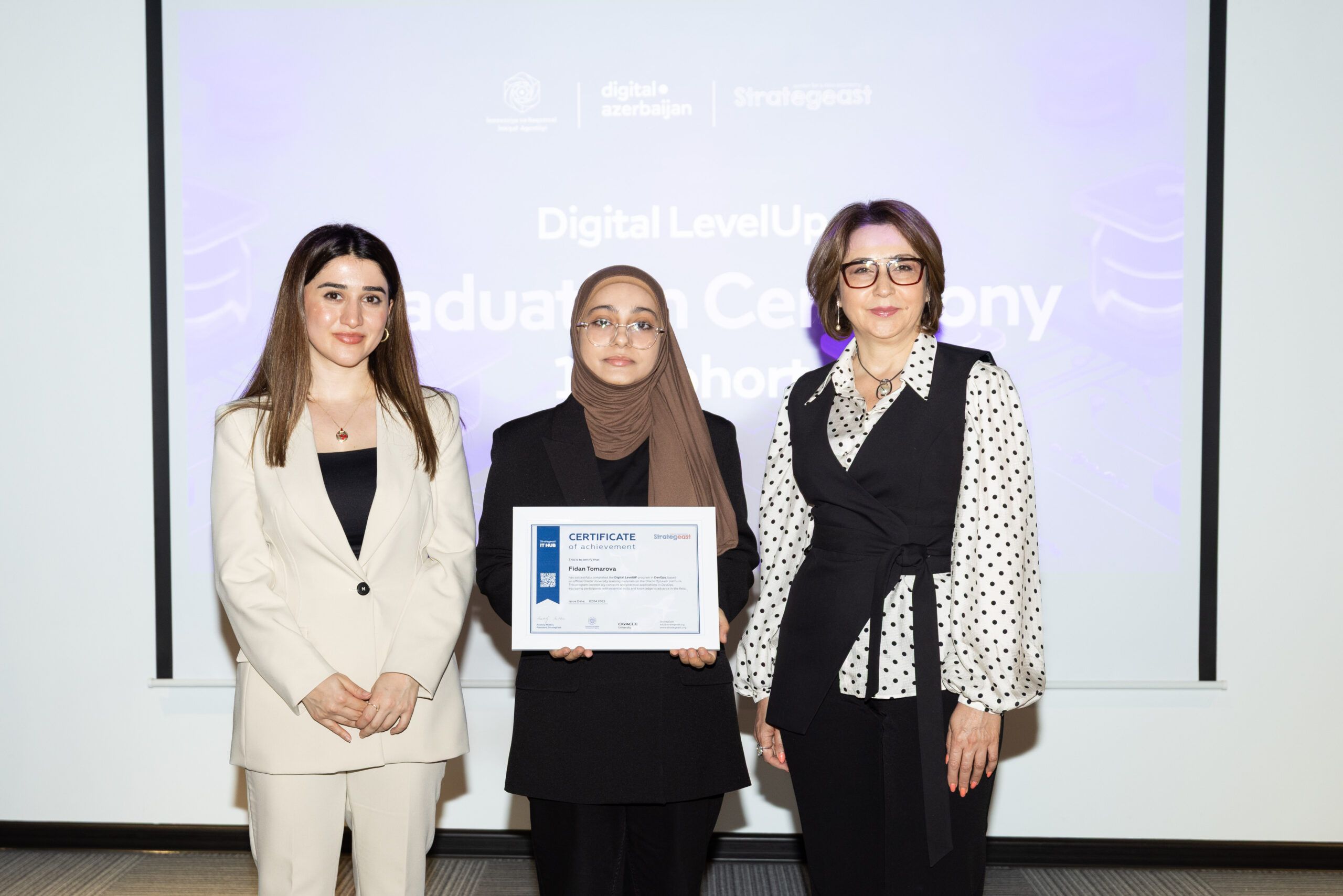The IT investment market in Eurasian countries is developing in different ways: in some countries, it is completely given over to the private entities, in others the state invests in IT companies and startups. Is there a “more correct” way, or could these models be reconciled? How do IT investment funds in Eurasia countries make money today? What are the latest trends in investment ideas? This was discussed at the StrategEast.Live panel discussion “IT Investment Funds in Eurasia”.
“If we are talking about startups, the best way to finance is to find money on the private market. There is more room for growth than if you deal with large public funds,” says Maria Barsuk, Investor at EBRD Technology Venture Capital team. “The role of the government is to develop an ecosystem in which private investors and private interpreters can work together.”
“I agree that the government needs to shape the ecosystem. We understand that state-owned enterprises are not so good at managing, but the largest funds are allocated in the hands of the state,” says Ruslan Rakymbay, Investment Director at Quest Ventures, Kazakhstan. “When government officials manage them directly, creating a VC, they often fail. We work in Kazakhstan and Singapore and we manage quasi-government money in both countries. And such a combination, when private VC funds managed by market professionals operate in an ecosystem created by the state and manage public funds, can be considered optimal.”
“We are a completely private foundation,” says Andre Tikhomirov, Partner at Kolos Ventures, Belarus. “We are focused specifically on the post-Soviet countries of Eurasia. We receive half of the money from local investors and the other half from international financial institutions such as EBRD and the like. If we talk about the role of the state in investing in startups, then it is important to note that this is not only about money. From the state startups need, first of all, not money, but demand. Both on the part of the state itself, its services, and the model when the state obliges foreign companies to choose local IT companies as contractors.”
Answering the question by the panel moderator, Dilshod Zufarov, CEO of Uzbekistan Venture Capital Association, about the role of corporate accelerators Kheyraddin Mehdi Zada, Senior Engineer of the Department of Strategic Development of SOCAR, Azerbaijan spoke about the experience of this oil and gas company on a new IT market. “Our company is a professional in the oil and gas sector – and we are primarily interested in startups that develop this particular industry, contribute to the digital transformation of the industry, and the transition to alternative energy sources. Therefore, our contribution to startups is also a contribution to the future, to the diversification of both our company and the economy of the whole country.”
StrategEast.Live is a series of online panel discussions launched by StrategEast in 2020 to continue the conversation on how technology can lead to an overall transformation in Eurasia. During these events, the esteemed guests put forward ideas that facilitate the further development of a knowledge-driven economy in the region.




